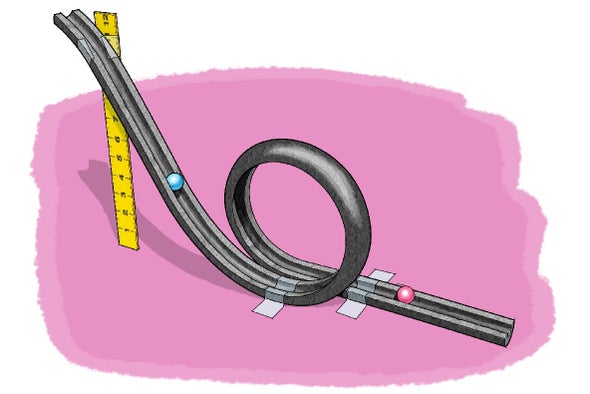The principle of free fall holds true when objects face no air resistance in that case the ratio of force.
Why do some objects like feathers fall slower than marbles.
Yes your understanding about free fall is correct however there is one important factor that you seem to have missed.
Falling objects form an interesting class of motion problems.
In order to see the true nature of gravity effecting the feathers you need to remove all the air in the room.
A feather reaches terminal velocity a lot faster than say a cannon ball.
In a previous unit it was stated that all objects regardless of their mass free fall with the same acceleration 9 8 m s s this particular acceleration value is so important in physics that it has its own peculiar name the acceleration of gravity and its own peculiar symbol g but why do all objects free fall at the same rate of acceleration regardless of their mass.
Physical science why do some objects fall faster than others.
This air causes friction with objects as they fall through it called air resistance which can.
For example we can estimate the depth of a vertical mine shaft by dropping a rock into it and listening for the rock to hit the bottom.
One object always exerts a force of attraction on.
Assuming q 1 m 1 q 2 m 2 or object 2 falls faster than object one the combined object will fall at an intermediate rate this can be shown easily.
Terminal velocity is defined to be the velocity of a falling object when it s weight is completely balanced by the upward air resistance.
So why do some objects fall faster than others.
When you tie two objects 1 and 2 with charges q 1 q 2 and m 1 m 2 the combined object will fall at a rate q 1 q 2 m 1 m 2.
Air resistance on earth we have plenty of air to breathe.
You may wonder then why feathers float gently in the breeze instead of falling to the ground quickly like a brick does.
Well it s because the air offers much greater resistance to the falling motion of the feather than it does to the brick.
Though some objects like feathers seem to fall slower because of air resistance.
Do objects float better in salt water than in fresh water.
So why do feathers usually fall slowly.
By applying the kinematics developed so far to falling objects we can examine some interesting situations and learn much about gravity in the process.
Things like dust can stay floating for a long time if the particles are small enough so if you re on earth where objects are falling through air a heavier object may fall faster than a similarly sized lighter object but it usually won t be noticeable to us because the effect is often quite small for most things we deal with in practice.
Gravity is a major player in the study of physical science.















































